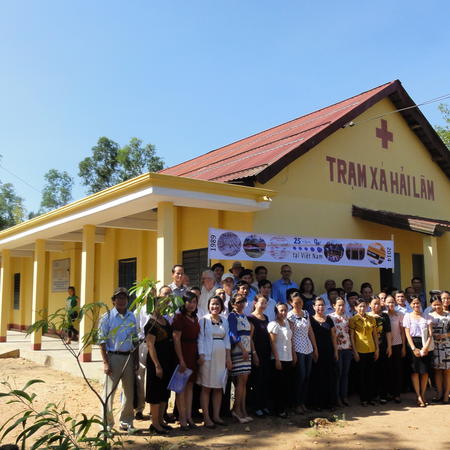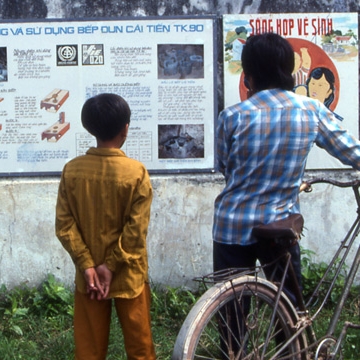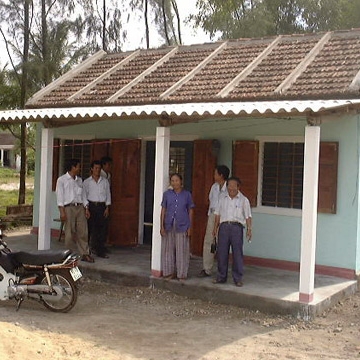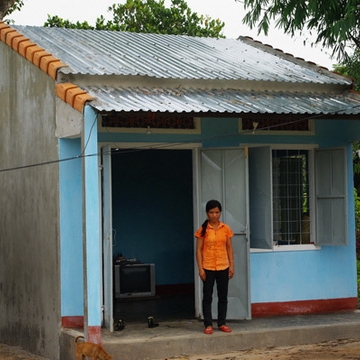- English
- Français
- Tiếng Việt
The people we work with
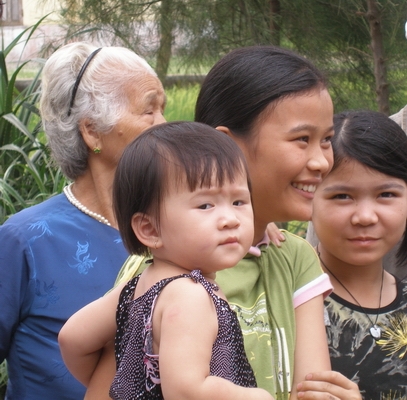
DW works with poor and vulnerable families, with incomes in the range of 20 – 35 US$ per month or less. They are regular victims of natural disasters. On the coast they are mainly involved in fishing, agriculture and some commerce but also on activities such as gathering wood and small home based production. These families – representing about 70% of the population in the central coastal region - are nearly all at risk from having their house destroyed or damaged by cyclones and floods. More important, they are at risk of losing the substantial investment they have made in their home, in its building materials and in their other possessions, many necessary for their work and income generating activities.
Working with this overall population group, DW also focuses on specific ‘groups’ including children, the elderly and widows:
- with children in kindergartens, primary and secondary schools:
- by working with teachers to introduce the theme of typhoon damage and preventive strengthening (an average of 40 teachers per commune trained);
- by working with children to better appreciate their concerns about disasters and vulnerability, and helping work out how they can prepare and respond;
- by activities with the children, including painting competitions and participation in parades and concerts;
- by strengthening many of the kindergartens and primary schools in the communes, thus demonstrating the techniques that can be used.
- with youth in the communes by providing practical training and discussion sessions on the issue of damage prevention and on the construction techniques that can be used by the building brigades that exist in each commune.
- with the elderly, since along with children this group are most often amongst the most vulnerable in the community and many of them need to have their houses strengthened. Community elders and traditional leaders are involved in debate in the villages during beneficiary selection processes and choices of public buildings in their village.
- with local government and institutions: the People’s Committees at provincial, district and commune level;, and within them at Commune level, the Damage Prevention Committees (established with DW support); and DW works with the local unions – farmers and women; with village representatives.
Note: The poor are classified as those who cannot satisfy the bare necessities of life ; a larger proportion are classified as « temporarily poor » meaning families whose income fluctuates above and below an acceptable minimum level.








